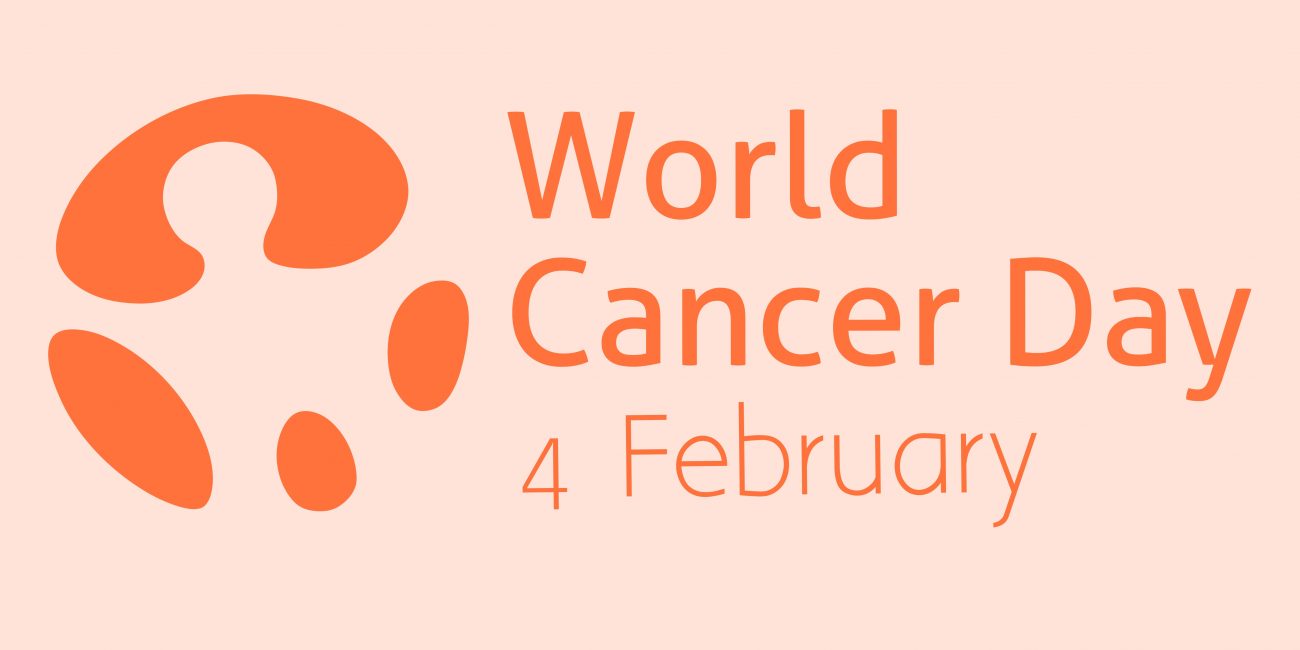World Cancer Day: What are my employment rights if I have cancer?
Being diagnosed with cancer is hard enough without having to worry whether your job is at risk as a result.
To mark World Cancer Day (4 February 2024) – a worldwide initiative to raise awareness, improve education and inspire action – we outline your legal rights at work if this happens to you.
What laws protect me at work if I have cancer?
By law, cancer is considered a disability. This means you can’t be treated less favourably than colleagues who don’t have cancer, or for any reason connected to your illness, because this would be discrimination. You are protected in England, Scotland and Wales by the Equality Act 2010.
This legislation applies to all people with cancer, whatever the type, from the point of diagnosis. It also applies if you previously had cancer.
What must my employer do if I am diagnosed with cancer?
Your employer must support you by making reasonable adjustments so that you can keep working or have a break and return when you’re ready.
Reasonable adjustments may include:
- Flexible working hours to make it easier for you to attend hospital appointments or treatment.
- Changes to your role, your workplace, equipment or the way you do your job. This might mean the adjustment of your targets or temporarily allocating some of your duties to a colleague.
- Time off.
- A phased return to work after treatment.
How long am I protected by law if I have cancer?
Your legal protection against unfair treatment starts when you’re diagnosed and continues to cover you through treatment, however long that treatment goes on for.
If you go into remission, you’re still protected and remain protected even if you change jobs.
This means you can’t be treated unfairly or be disadvantaged by your employer because you have, or have had, cancer.
Your employer can’t, for instance:
- Use your illness as a reason to move you to an easier or lower paid job.
- Select you for redundancy without taking your illness into account.
- Penalise you for taking time off sick without taking your illness into account.
What can I do if my employer is discriminating against me due to my illness?
If this happens, it’s important to keep a detailed record of the discrimination and when it happened. For example, you may feel that reasonable adjustments have not been made for you or that other members of staff have acted in a hostile way to you.
The first step is to speak to the person involved, your employer or your Human Resources department.
If you still feel you are getting nowhere, you could lodge a formal grievance or look at the possibility of taking your complaint to an employment tribunal.
What can employers do to support employees with cancer?
Keeping life as normal as possible, including being able to continue at work, is really important if you are diagnosed with cancer. It can also help recovery.
Employers can really help by recognising this, not only by making the reasonable adjustments required by law but by establishing an informed culture about cancer in the workplace and checking policies are up to date.
Get in touch
If you have cancer and feel you are being discriminated against at work, then contact our highly experienced Employment Team to discuss what options are available to you and whether there is a way to resolve your issue without going to court.
There are strict time limits for bringing an employment claim. Therefore, if you believe you are being discriminated against, and may wish to make a claim, you should take legal advice as soon as possible.
Wards Solicitors is endorsed as a South West leading firm in the independent Legal 500 list for 2024 having received overwhelmingly positive testimonials from clients.


